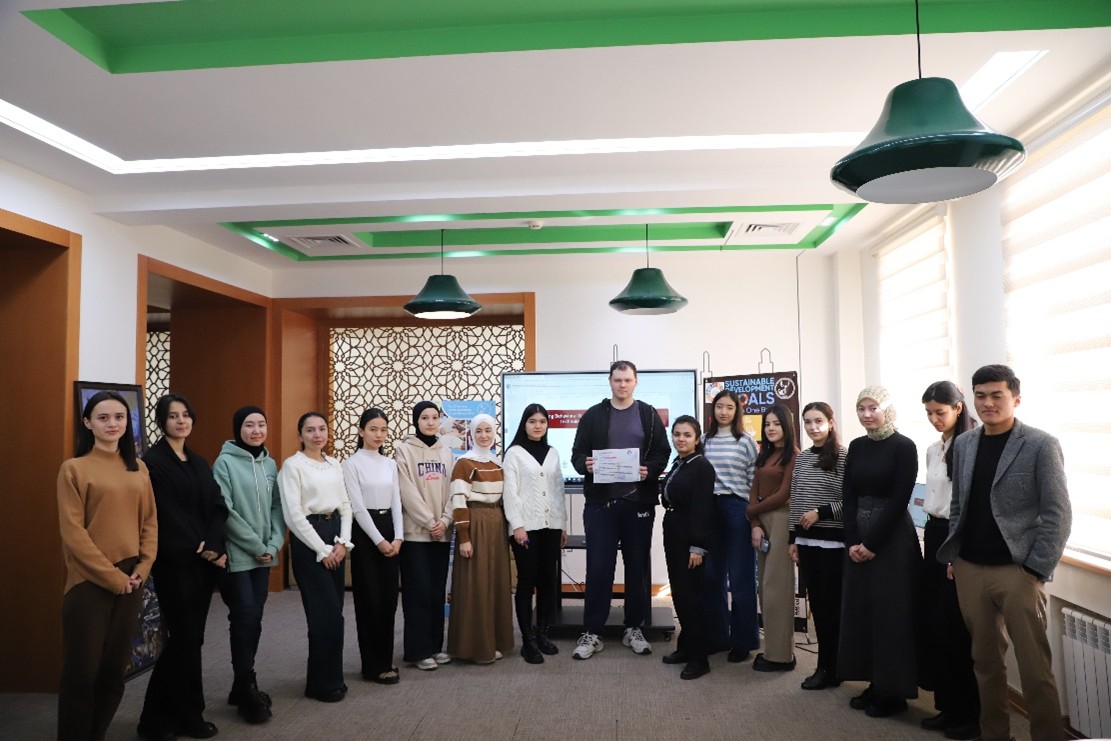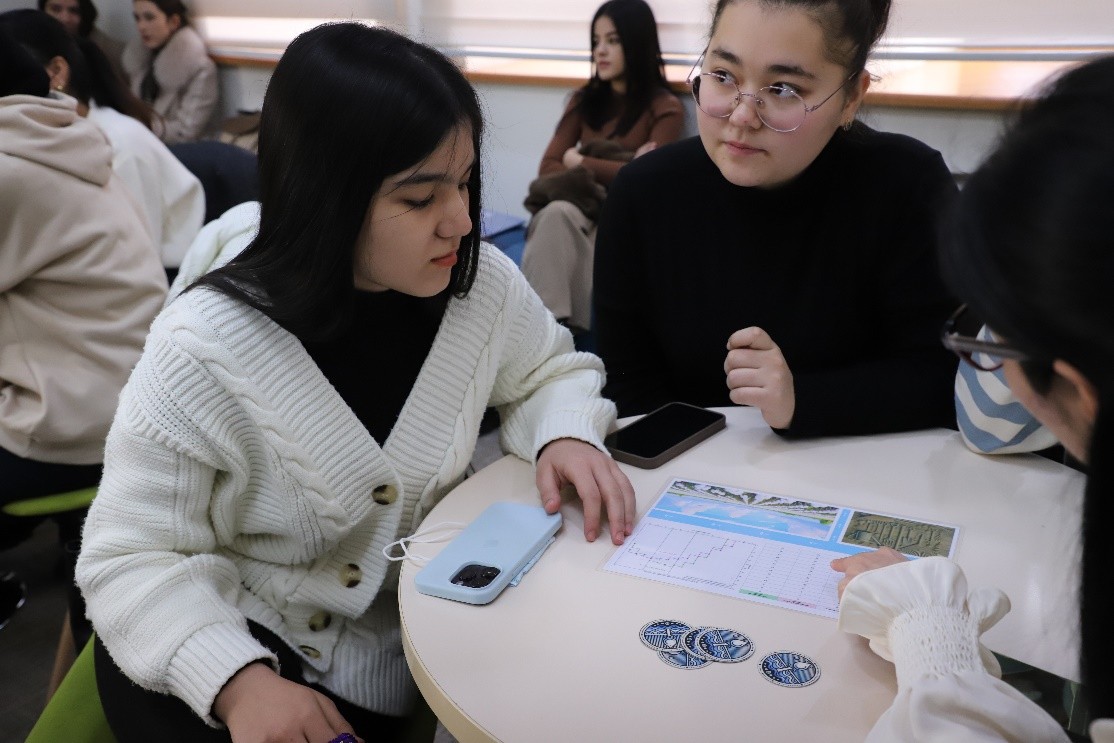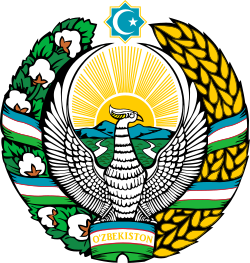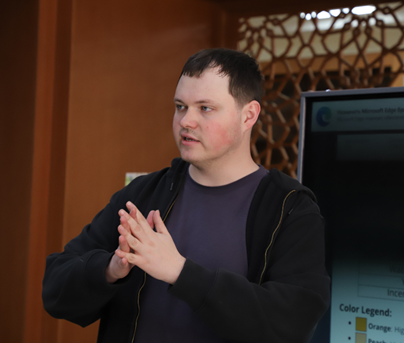TSUULL DELIVERED A PUBLIC TALK TITLED “BEHAVIORAL GAMES TO EXPLORE WATER-SAVING TECHNOLOGY ADOPTION IN UZBEKISTAN”, 13 DECEMBER
|
|
On December 13, 2024, Anton Liutin, a 4th-year PhD student in Agricultural and Applied Economics at the University of Wisconsin–Madison, delivered an engaging public lecture at the TSUULL International Office titled “Behavioral games to explore water-saving technology adoption in Uzbekistan.” The session, part of the ongoing #TSUULLTalks series, was attended by Bachelor students and focused on sustainable water use in agricultural communities and the role of environmental consciousness in shaping long-term solutions. |
Special attention was given to alternative approaches that could transform water usage in the agricultural sector. These included:
• Implementing drip irrigation and other precision irrigation techniques;
• Introducing modern water-saving technologies;
• Shifting to less water-intensive crops better suited to the region’s arid climate.
Students also discussed the policy and societal dimensions of sustainable water management — from raising public awareness about responsible water use, to creating incentive systems for farmers, to promoting cross-border cooperation between Central Asian states for shared water resources. The conversation emphasized that effective solutions require not just technological innovation, but also community engagement, political will, and long-term strategic planning.
The event concluded with Anton encouraging participants to see themselves as future leaders and change-makers in environmental sustainability, noting that “water is not only an economic resource, but also a foundation for life, culture, and peace in our region.”


Area: Education, Communication, water-saving technologies, irrigation, sustainable water use in agricultural communities.
Credit: TSUULL Press Centre





